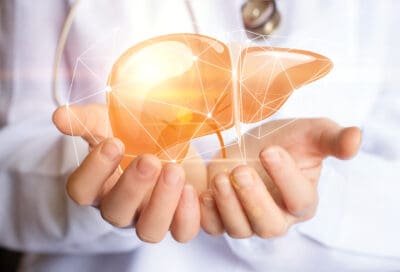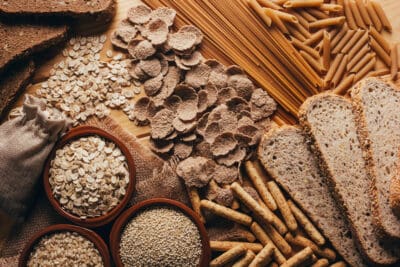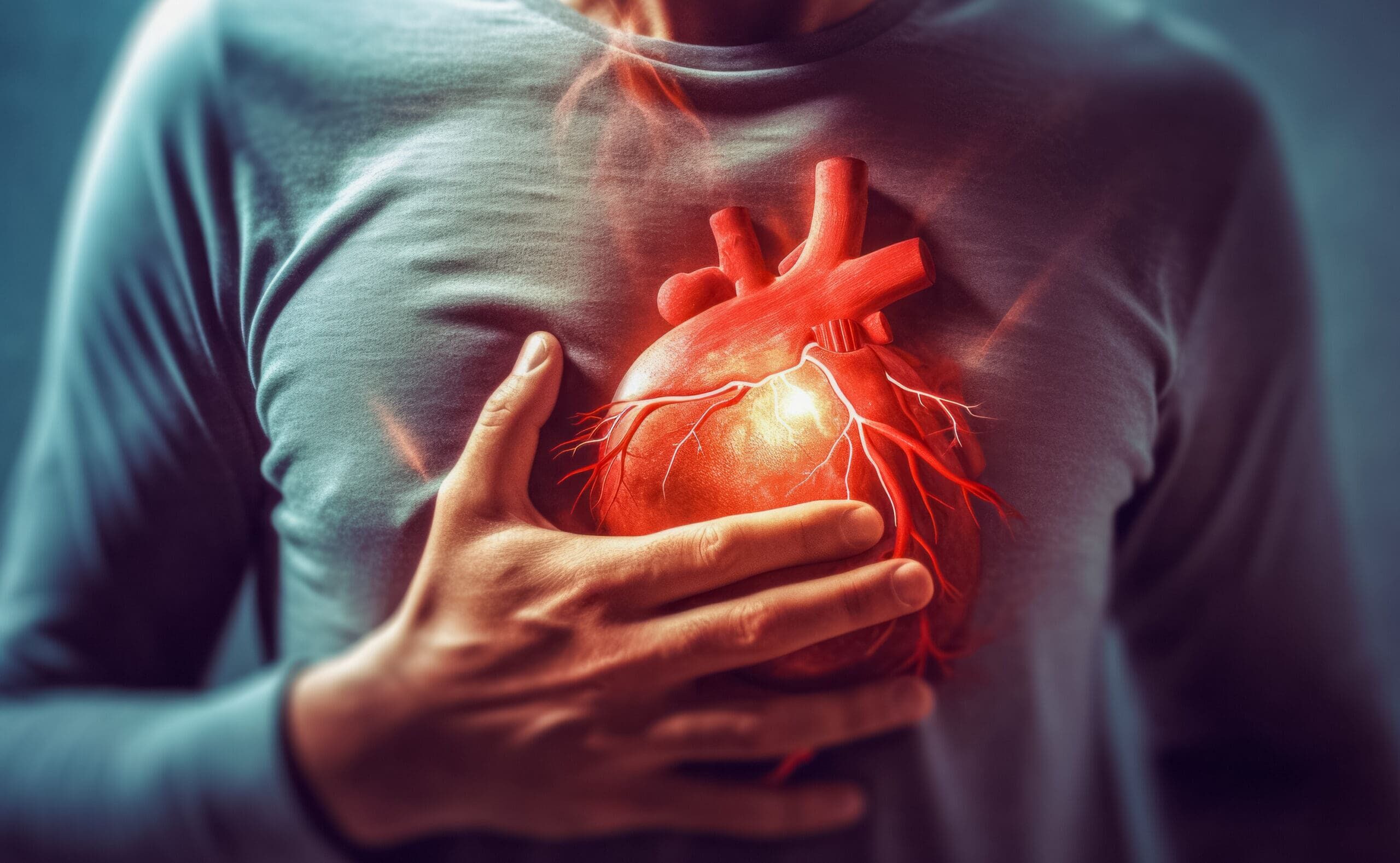How to reduce the risk a heart attack or stroke in the next 10 years
By naturopath Margaret Jasinska
A recent study conducted in Denmark has found that newly diagnosed type 2 diabetics are at significant risk of having a heart attack or stroke in ten years. The risk is greatest in those aged between 40 and 49 at diagnosis.
The research was published in the Journal of the American College of Cardiology. A study was conducted of all Danish patients with type 2 diabetes diagnosed between 2006 and 2013 and sex- and age-matched people from the general population without diabetes. The diabetics were individuals with an HbA1c level of 6.5 or higher.
Interestingly none of the study subjects had atherosclerosis at the start of the study. They had healthy arteries. They had varied cholesterol levels; low, normal and high. At the end of this ten year period, the researchers counted how many people had a heart attack, a stroke, or died from either one of those.
A total of 52,471 cardiovascular events were recorded during those ten years. Compared with the general average population, the 10 year cardiovascular risks were higher in people with type 2 diabetes in both genders and across all age groups, but especially patients aged 40 to 49 years. They had the largest 10 year cardiovascular risk difference; it was roughly double that of the general population.
A diagnosis of type 2 diabetes doubles your risk of having a heart attack or stroke in the next ten years. Elevated blood sugar can cause significant harm to the arteries, leading to the development of atherosclerosis. Many people worry about their cholesterol level and think that cholesterol will harm their arteries. The reality is that type 2 diabetes is what can cause atherosclerosis, calcification of arteries and resultant heart attacks or strokes.
Diabetes may harm your heart in the following ways:
- Elevation of total cholesterol
- Elevation of triglycerides
- Raising LDL “bad” cholesterol
- Promoting the oxidization of LDL cholesterol (oxidized LDL is more likely to cause harm to the artery walls)
- Elevating uric acid (raises the risk of gout and kidney stones)
- Reduces HDL “good” cholesterol
- Altering platelet function in a way that makes the blood thicker and more prone to clotting
- Raising blood pressure
- Promoting the development of fatty liver disease
- Promoting the development of leptin resistance. This increases the risk of weight gain and it increases hunger and cravings for carbohydrates, making weight loss much more difficult
How to look after your heart


Have a healthy liver. Your liver is the most metabolically active organ in your body. Two of its main jobs are fat burning and detoxification. If your liver is healthy you will find it easier to maintain a healthy weight. If your liver is healthy you will also have a healthy level of cholesterol in your blood. If you have a fatty liver, please follow the guidelines in the book Fatty Liver: You Can Reverse It.


Sugar and carbohydrate rich foods can raise your cholesterol because your liver turns them into fat. Therefore, cutting down or cutting out foods like bread, pasta, rice, breakfast cereals, sugary drinks and any food that contains flour or sugar is a very useful way of keeping your blood sugar and cholesterol in the healthy range. Sugar and carbs can be addictive for a lot of people despite their best efforts to stay away from them. Making sure you eat enough protein (aim for 30 grams at each meal) and fat should help significantly. Also, minimising stress and anxiety helps reduce cravings. Many people find that magnesium makes them feel more relaxed and handle stress better.


Avoid industrial seed oils. Most vegetable oil is far too high in omega 6 fats which promote inflammation. When these fats are heated (during cooking) they are further damaged and become very harmful to the body. They can destroy your mitochondria. Poor mitochondrial health is behind most chronic diseases. The healthiest fats to include in your diet are avocados, extra virgin olive oil, macadamia nut oil, organic coconut oil, pastured butter and ghee and animal fats.
For more information about cardiovascular disease, see our book Cholesterol: The Real Truth.









Leave A Comment